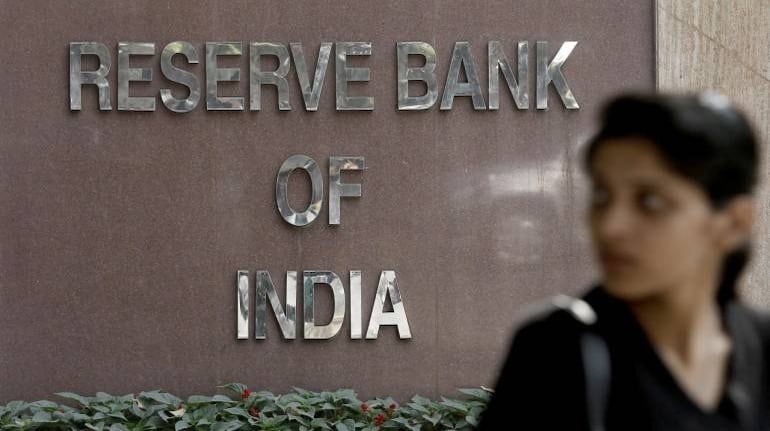



The Supreme Court ruled May 10 that state moneylending laws will no longer apply to nonbanking finance companies. This means only the Reserve Bank of India can oversee non-banking financial companies (NBFCs) and the order ends the dual regulation of such entities.
Previously, there used to be tussles between the RBI and state governments over certain aspects of NBFC regulation. Now, without state interference, both NBFCs and their customers are likely to benefit, according to experts.
Moneycontrol spoke to experts to help understand five key implications of the court’s ruling:
“This drove huge confusion and caused some chaos and NBFCs tried to understand who they reported to and what laws to follow. The matter was mainly surrounding the interest charged on the money lent,” said HP Singh, chairman of Satin Creditcare Network, an NBFC.
Industry leaders pointed out that certain state laws contradicted the RBI’s regulations and this caused confusion within the sector. However, with the Supreme Court’s verdict, there is now clarity on oversight of NBFCs.
“Small NBFCs can now avoid political intervention. There could be both formal and informal intervention from the state. That unsaid push by the state can now be avoided,” said Shriram Subramanian, founder of InGovern, a corporate governance research and advisory firm.
“We had to run extra operational procedures… and it became difficult,” said Rahul Sekar, cofounder of MyShubhLife, an NBFC.
With clarity on regulation of NBFCs, they will now be free to focus on their business.
“With the cap on interest rates, they failed to reach out to certain sections of customers. Now they can reach out to a larger set of customers,” said Sanjay Kumar Agarwal, senior director at Care Ratings.
“If a borrower has a higher risk, NBFCs tend to charge higher rates of interest. But that was not possible with state intervention and it became a tough balancing act for the NBFCs,” said Karamveer Singh Dhillon, cofounder of Perpetuity Capital.
“Like banks, customers of NBFCs can also lodge complaints with the RBI. RBI-registered NBFCs are well-governed and disciplined. The grievance system will be similar to banks,” said Mahesh Thakkar, director general of the Finance Industry Development Council.
Discover the latest Business News, Sensex, and Nifty updates. Obtain Personal Finance insights, tax queries, and expert opinions on Moneycontrol or download the Moneycontrol App to stay updated!
Find the best of Al News in one place, specially curated for you every weekend.
Stay on top of the latest tech trends and biggest startup news.